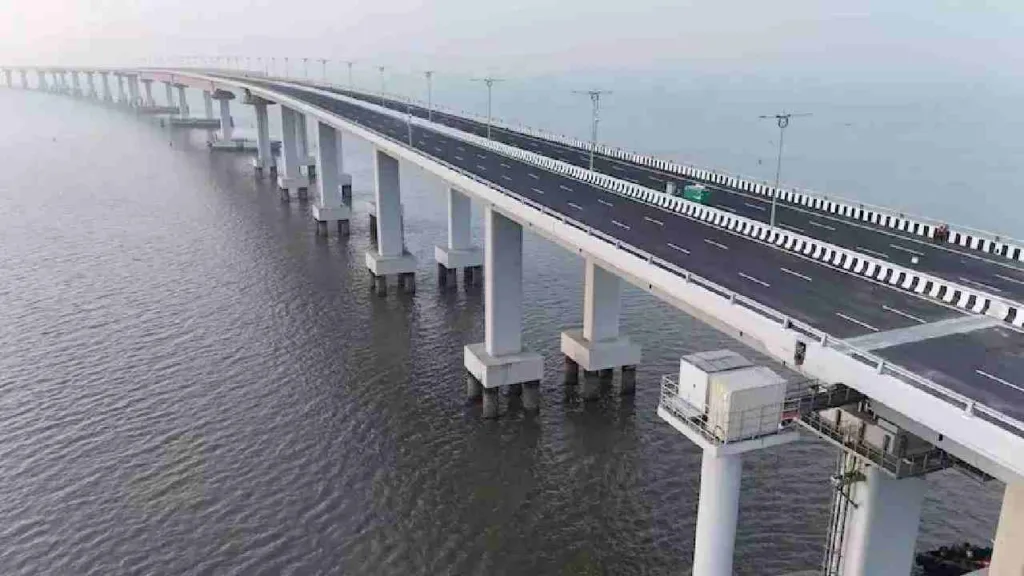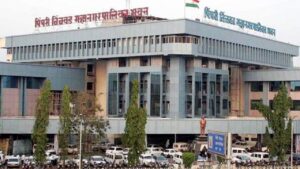MTHL Toll Evasion: 3.5% vehicles skip toll payment since January 12 inauguration

MTHL Toll Evasion: 3.5% vehicles skip toll payment since January 12 inauguration
On the recently opened 22-kilometer Mumbai Trans-Harbour Link (MTHL), also known as Atal Setu, toll evasion has become a concern. Since the bridge’s opening on January 12, about 3.5% of vehicles have failed to pay the toll.
Toll-evasion is still common even with 30,000 vehicles on MTHL on a daily average, which is capable of handling cars, buses, and multi-axle vehicles.
On the Navi Mumbai side of the bridge, there are toll plazas at Shivaji Nagar interchange and Gavhan, which is close to Chirle village.
Similar to Singapore, the bridge has an open road tolling (ORT) system that collects tolls without requiring cars to stop, though a balance in a driver’s FASTag account is necessary. This guarantees that cars do not have to stop or slow down in order to pay the toll, which helps prevent traffic on the bridge, which has a design speed of 100 kmph.
One lane was initially supposed to be designated for the collection of toll money by MMRDA.
Additionally, it had a clause that said that if there was insufficient money in the FASTag account or no FASTag, a challan would be issued. However, because MMRDA sought to determine traffic behaviour, this system was not adhered to.
According to sources, MMRDA is now preparing to turn on MTHL’s toll boom barrier to make sure that cars pay the toll before they can cross the bridge. According to an MMRDA official, there might be some congestion as a result of this system, but they also need to make sure that MTHL users are not given free rides.
The potential to save an estimated 16 kilolitres of fuel annually was the driving force behind MMRDA’s adoption of the ORT system. In addition, it is anticipated that throughput in toll lanes will rise from 350 to 1,500 passenger car units (PCU) per hour, with a 4 second reduction in throughput due to open barrier tolling.
On January 4, the state cabinet decided on the toll. The state government lowered the toll from Rs 500 for a one-way trip from Sewri to Gavhan, which was the policy’s amount. It costs 1.5 times the one-way fare (that is, Rs 375) for the return journey. A monthly pass costs 50 times the one-way fare, which works out to be Rs 12,500 per month or Rs 1.5 lakh annually.
In just one month since MTHL opened, 225 drivers have been prosecuted by the traffic police for stopping their cars and obstructing traffic on the bridge. Four FIRS were registered for other offenses, two under IPC provisions and two under local laws.









